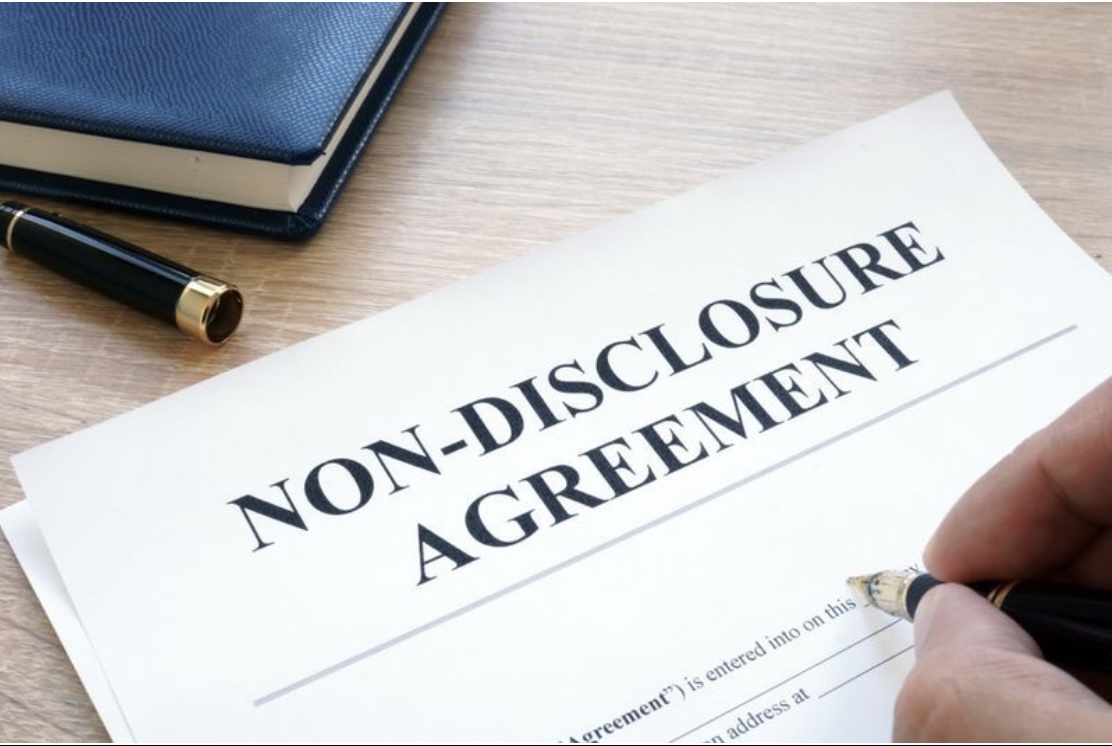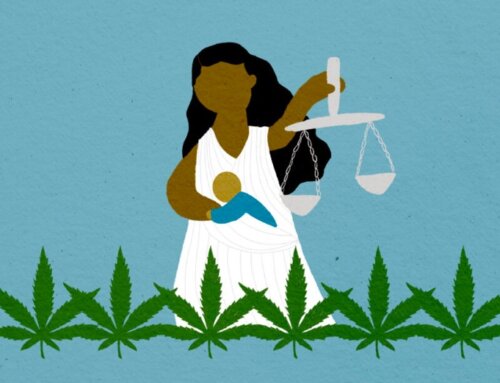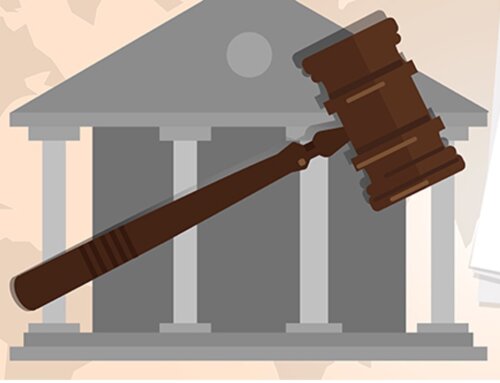Non-Disclosure Agreements
Non-Disclosure Agreements (NDAs)- otherwise known as confidentiality agreements- are legally enforceable contracts that create an agreement between parties to maintain confidentiality of certain information being disclosed by one party (“the disclosing party”) to another (“the receiving party”). Generally, define which information parities wish to protect and enforce restrictions on its disclosure and/or use.
NDA’s can be a good idea for a variety of situations. Some companies utilize NDA’s when hiring new employees, and others for individuals considering an investment or purchase of their company or services. Primarily, they are used to prevent competitors in the market from obtaining their trade secrets, business plans, or technology.
NDAs come in numerous forms:
- Mutual Agreements
- Non-Mutual Agreements
- Disclosure Agreements
An NDA is customizable; however, there are 4 critical factors which are considered essential to any non-disclosure agreement.
1.Participants to the Agreement
NDAs must clarify which parties are involved in the agreement. Due to companies being complex structures, it is crucial to indicate which legal entity retains ownership of the documents or information.
2. Defining the Confidential Information
If a dispute occurs it is important that the NDA has stated what information is to be considered confidential. It is the generally the responsibility of the disclosing party to identify which pieces of information are considered confidential. Connor and Connor PLLC can aid you in ensuring that your confidential information is adequately defined.
3. Exclusions of Confidentiality
Most NDAs will also define what is not confidential. Generally, the receiving party will attempt to define nonconfidential information as broadly as possible while the disclosing party will attempt to narrowly define what information is deemed to be outside the scope fo the confidentiality agreement.
4. Duration of the Non-Disclosure Agreement
Considering many pieces of information expire or decrease in value over time, setting a date of expiration could be beneficial for your agreement. Standard duration is normally influenced by factors such as the nature of the confidential information, the industry, and the relationship between the parties. The optimal duration should ensure the information remains protected for as long as it retains its value.
Sources:
https://brewerlong.com/information/contract-law/how-long-do-non-disclosure-agreements-last/
https://www.investopedia.com/terms/n/nda.asp
https://www.research.psu.edu/osp/negotiate-agreements/overviews/non-disclosure-agreement-nda
https://www.evisort.com/blog/what-is-a-non-disclosure-agreement-nda-and-when-do-you-need-one





